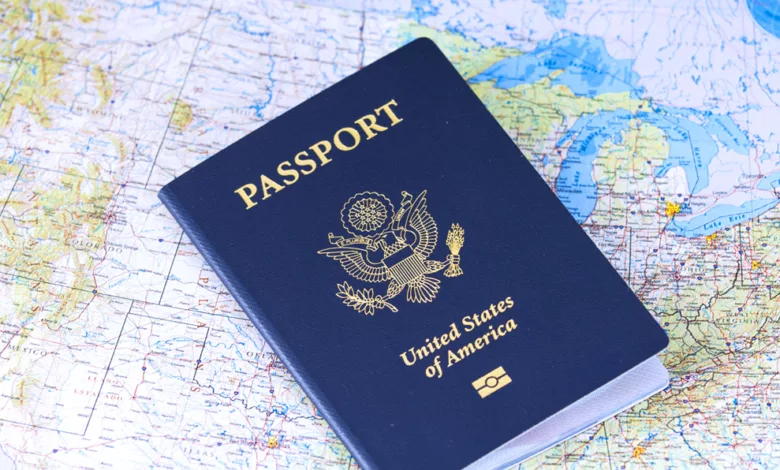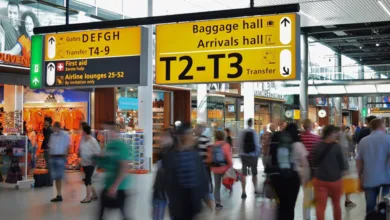Protect Your Travel Investment, Health, and Safety

The events of the past few months have significantly impacted our daily lives. We are staying home, forgoing work, play, and travel. But as we start to travel again, what can you do to protect your investment, health, and safety?
Travel insurance provides a safety net for the unexpected, but most plans do not cover pandemics. “Cancel for Any Reason” (CFAR) insurance provides you with protection if you need to change or cancel travel plans in the event of a pandemic-type situation.
CFAR is an add-on benefit that may only be purchased in conjunction with specific travel protection plans. CFAR insurance allows cancellation for non-covered reasons; however, this add-on benefit has eligibility requirements, is time-sensitive, and usually reimburses only up to 75% of prepaid, non-refundable costs.
Otherwise, the most common types of travel insurance are travel protection plans and travel medical plans. Each type of insurance has limitations — ask questions and read the fine print to ensure you understand the coverage.
Travel protection plans provide multiple types of coverage, such as trip cancellation, trip interruption, baggage, medical, pre-existing conditions, evacuation, accident, and travel and baggage delays.
Most regular insurance plans provide limited or no coverage if you are traveling outside the country, and would not cover the expense of an emergency evacuation. A travel medical plan is an option if you’re not worried about trip cancellation but want to be covered in the case of a medical emergency or require an evacuation.
Before planning your trip abroad, make sure to visit the U.S. Department of State’s Bureau of Consular Affairs to obtain important information about travel advisories for your desired destination. This website also has useful information about passports and visas. It’s important to note that many countries require that your passport is valid for at least 60-90 days after your trip.
Sign up for the Smart Traveler Enrollment Program (STEP) to receive travel advisories and alerts.
This also enables the U.S. embassy or consulate to contact you in the case of an emergency.
Protect yourself from diseases, as well. Talk to your healthcare provider to ensure your routine vaccinations, such as T-dap (Tetanus, diphtheria, and pertussis), MMR (measles, mumps, and rubella), and annual flu shots, are current.
Other vaccinations may be recommended or even required for certain international destinations.
Get vaccinated at least four to six weeks in advance of a trip to receive full protection against disease. Visit the Centers for Disease Control and Prevention (CDC) website for vaccine information and tips on protecting your health during travel.
Traveling is an opportunity to experience different cultures, enjoy new cuisine, be adventurous, and broaden your horizons. Protecting your investment, health, and safety before you leave will give you more time to experience a fantastic trip and create lasting memories.






